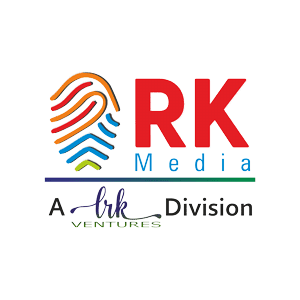
As an author, RK Media is dedicated to sharing valuable insights, knowledge, and expertise in the field of digital marketing. With a passion for helping businesses thrive in the digital age, RK Media leverages cutting-edge strategies, creative thinking, and data-driven solutions to deliver exceptional results. Rest assured, the content has been autonomously composed through data-driven methods, ensuring its relevance and accuracy.
Digital marketing encompasses various online marketing strategies and tactics used to promote products, services, or content on digital platforms such as websites, social media, email, and search engines. For bloggers, digital marketing is crucial for increasing website traffic, growing their audience, and building a strong online presence. It allows bloggers to reach a wider audience, engage with their readers, and monetize their content effectively.
The key components of digital marketing for bloggers include:
Bloggers can use SEO techniques to optimize their content and website for search engines, making it more discoverable to their target audience. This includes keyword research, on-page optimization, creating high-quality content, building backlinks, and improving website speed and user experience.
Content marketing involves creating and distributing valuable, relevant, and consistent content to attract and engage a specific audience. For bloggers, content marketing is essential for building trust, establishing authority, and attracting loyal readers. By consistently creating high-quality, informative, and engaging content, bloggers can drive traffic to their blogs, increase reader engagement, and ultimately, monetize their blog through various channels such as affiliate marketing or sponsored content.
Bloggers can leverage social media platforms such as Facebook, Instagram, Twitter, and Pinterest to promote their content, engage with their audience, and drive traffic to their blogs. This includes sharing blog posts, creating visually appealing graphics and videos, participating in relevant communities and discussions, and running targeted ad campaigns to reach a wider audience.
Email marketing is a powerful tool for bloggers to nurture relationships with their audience, promote their content, and drive traffic to their blogs. Bloggers can build an email list by offering valuable incentives such as freebies, exclusive content, or newsletters. They can then send regular emails to their subscribers with updates, new blog posts, special offers, and personalized recommendations to keep them engaged and coming back to their blog.
Affiliate marketing allows bloggers to earn a commission by promoting products or services from other companies on their blog. Bloggers can join affiliate programs relevant to their niche, create content promoting the products or services, and include affiliate links in their blog posts. When their readers make a purchase through their affiliate links, bloggers earn a commission from the sale.
Bloggers can use paid advertising strategies such as Pay-Per-Click (PPC) advertising, sponsored content, and influencer marketing to reach a larger audience and drive traffic to their blog. This includes running targeted ad campaigns on platforms like Google Ads or Facebook Ads, partnering with brands for sponsored posts or collaborations, and collaborating with influencers to promote their blog content to their followers.
Some tips for bloggers to create an effective digital marketing strategy include:




Shop no 4, NARAYAN HERITAGE, near Dahisar RTO, Shiva Shakti Nagar, Kandarpada, Dahisar West, Mumbai, Maharashtra 400068